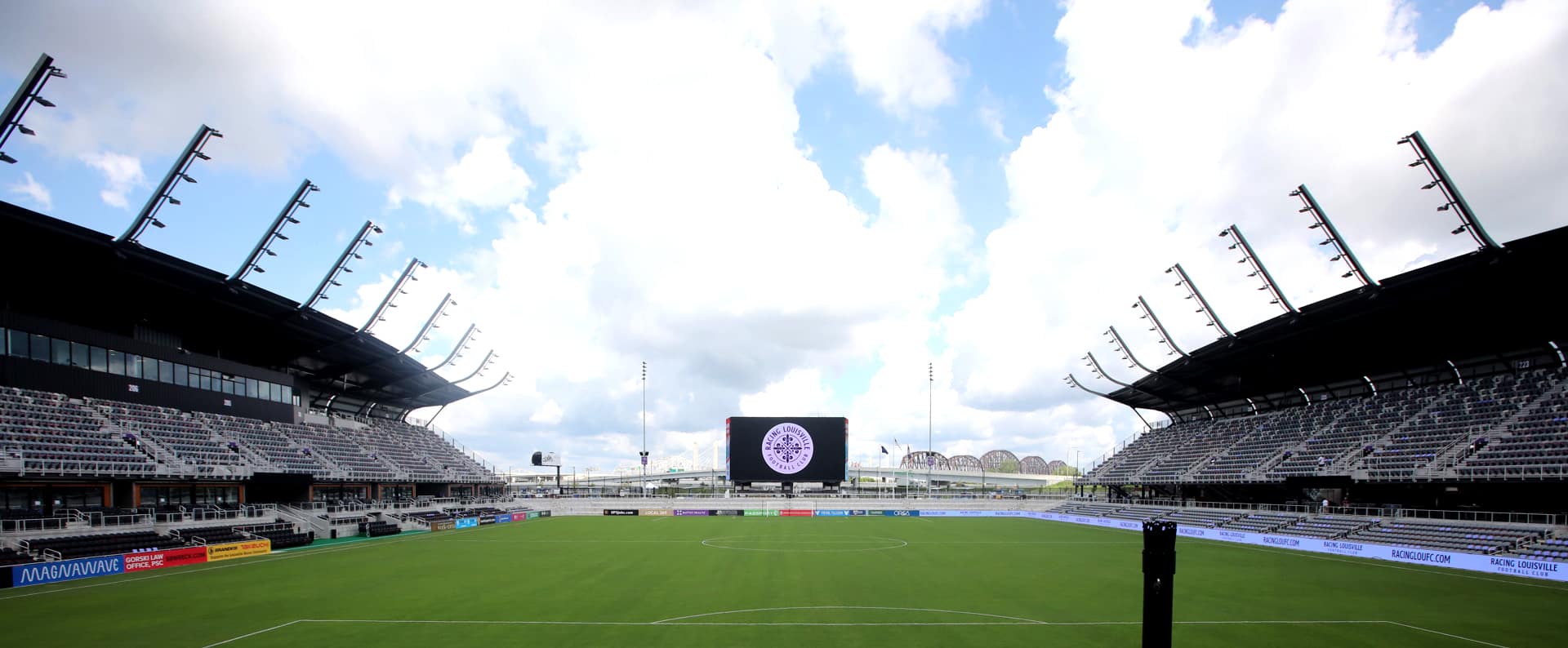What Are the Symptoms of the Camp Lejeune Water Contamination? | 24/7 Support
Were you or a family member in or around Camp Lejeune between 1953 and 1987? If so, you may have been exposed to contaminated drinking water. It’s important you know the symptoms of the Camp Lejeune water contamination. Some of them may include chronic fatigue, poor coordination, sensory disturbances, confusion and lack of concentration, depression, anxiety, and headaches. Some people have experienced symptoms that mimic Parkinson’s disease and learning disorders.
These symptoms and their subsequent health challenges can affect Marines and their families who were stationed at Camp Lejeune as well as civilian employees. You could be entitled to recover damages if you suffered health complications because of this exposure. A personal injury lawyer can explain how to prove a link between the time you spent at the base and your illness or disorder so you can get fair compensation.
Neurobehavioral Symptoms That Affect Motor Function and Sensory
According to the Centers for Disease Control and Prevention (CDC), your central nervous system uses a series of signals to control the way your body functions. Exposure to Camp Lejeune Water Contamination might lead to complications affecting your central nervous system.
The Review of VA Clinical Guidance for the Health Conditions Identified by the Camp Lejeune Legislation found that individuals exposed to the drinking water might display these neurobehavioral signs and symptoms:
- Anxiety
- Fatigue
- Headache
- Depression
- Poor coordination
- Cognitive confusion
- Lack of concentration
- Problems with memory and concentration
- Limited sensory perception
Additional symptoms in this category include motor-control issues, weakness, and tremors. In any case, report these symptoms and their effects on your daily life and health to your doctor.
What Diseases Are Linked to the Contaminated Water at Camp Lejeune?
Only a medical professional can make a definitive diagnosis of an illness or disease and explain the possible connection between your diagnosis and any contaminants. Individuals who were exposed to the contaminants in the drinking water at Camp Lejeune may have a diagnosis of one of the following medical conditions:
- Scleroderma
- Renal toxicity
- Adult leukemia
- Aplastic anemia
- Hepatic steatosis
- Multiple myeloma
- Parkinson’s disease
- Neurobehavioral effects
- Non-Hodgkin’s lymphoma
- Myelodysplastic syndromes
- Lung cancer
- Liver cancer
- Breast cancer
- Kidney cancer
- Bladder cancer
- Esophageal cancer
Women who were exposed might later experience infertility issues or miscarriage if the exposure occurred during pregnancy.
If you or a loved one have been diagnosed with one of these diseases, you could be eligible to take legal action. A personal injury lawyer can explain how the Camp Lejeune Justice Act of 2022 defines your potential eligibility to seek monetary compensation for your medical bills, lost income, pain and suffering, and other damages.
What Contaminants Were in the Water at Camp LeJeune?
If you were in or near Camp Lejeune between 1953 and 1987, you could have been exposed to water contaminated with multiple toxic substances. CDC research identifies the following contaminants:
- Trichloroethylene (TCE)
- Tetrachloroethylene (PCE)
These are considered primary causes of water contamination. Additional contaminants include:
- Vinyl chloride
- Benzene
These toxins are associated with a wide range of medical conditions. Contamination occurred as the result of ground leach via underground storage tanks, industrial spillage, and improper water storage. If you experience any of the symptoms of toxic exposure, seek medical attention right away.
Who Is Eligible to File a Water Contamination Lawsuit?
Due in part to the length of time that has passed since exposure occurred, on your own, it can be difficult to prove a connection between your current health care concerns and the drinking water at Camp Lejeune, North Carolina.
You could qualify for compensation if:
- You were exposed from 1953 to 1987,
- You were at Camp Lejeune for at least 30 days, and
- You have a diagnosis of a qualifying condition.
Additional factors may play a role in your eligibility. The personal injury law firm that represents you will explain eligibility criteria. They can also identify who you can pursue for compensation and discuss the strategies they can use to build your case and assign a monetary value to your injuries and related expenses.










